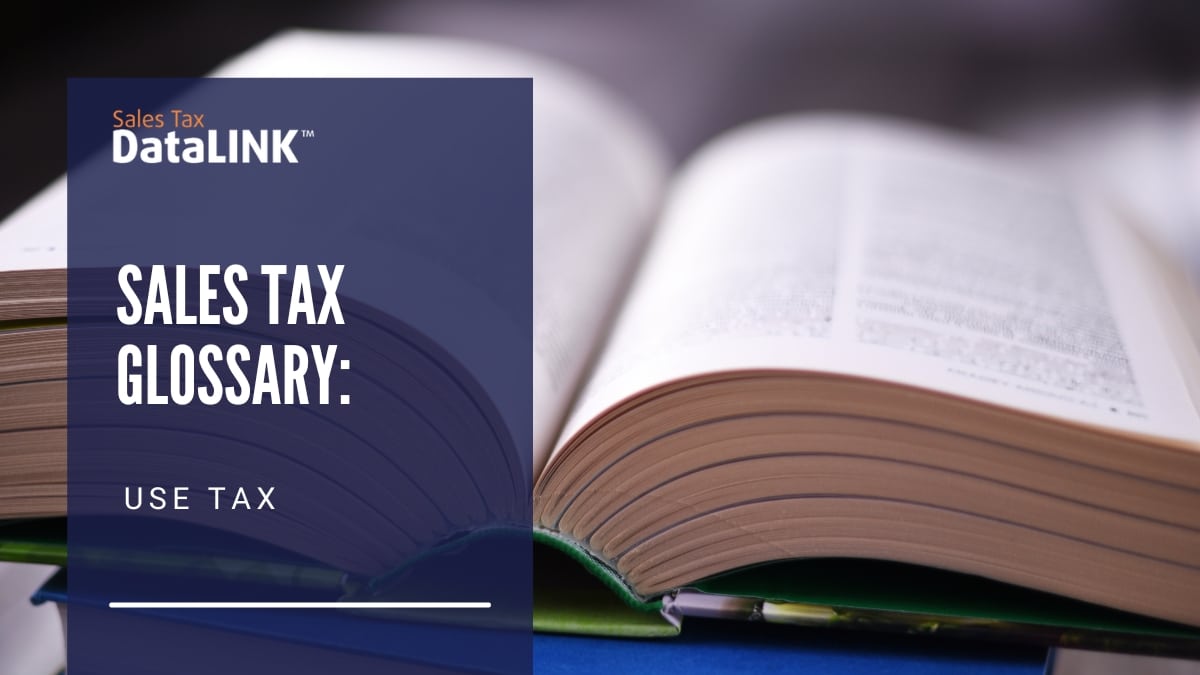Use tax is one of the most misunderstood areas of sales tax. Both businesses and individuals are required to pay use tax but only 1.6% of people who could possibly owe use tax actually take the time to calculate and pay it. Some states, like Oklahoma, provide a check box on income tax returns for an easy way to file use tax—instead of having to calculate it out, taxpayers can accept the state’s calculations. However, businesses are in a different position and need to pay use tax — and to figure it up first.
But what exactly is use tax? We all know what sales tax is but for the sake of making a point, let’s define it. Sales tax is a tax levied on the receipt of the sale of tangible personal property. If you buy a coffee at the corner store, you’ll pay sales tax on the cost of the coffee unless there’s an exception. But what if the corner store didn’t collect sales tax? The tax jurisdiction still wants to collect tax on the sale but now it’s up to you as the purchaser to pay that tax. This is what is called a use tax. You can see how this gets complex. Retailers have programs that calculate out sales tax and spend a lot of time determining which products are subject to sales tax and at what rate.
In a use tax situation, all this obligation to calculate sales tax is passed on to the entity that consumes the product. A good example of use tax in our coffee situation is if you bought a lot of coffee from a wholesaler that doesn’t collect sales tax. Normally, they sell coffee to places like corner stores and aren’t obligated to collect sales tax. Sales tax, after all, is only charged when the product gets to the end consumer. If you’re providing coffee as a perk to your employees, your business is the consumer, and paying use tax is required. You’ll need to calculate out the use tax on the coffee and remit it to your tax jurisdiction.
Use tax can get really complex, however, and it often requires a professional to determine where and when your business needs to pay sales tax. For instance, if you send coffee to a client as an end-of-year gift and they’re in a different state, do you owe use tax? It’s easy to see how the use tax can start to get puzzling. The best way to handle use tax is to take a consumption inventory of your business expenses—what things did you pay for without paying sales tax? Did you use those items, rather than selling them? Then you probably owe use tax.




